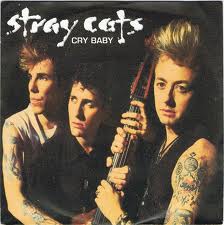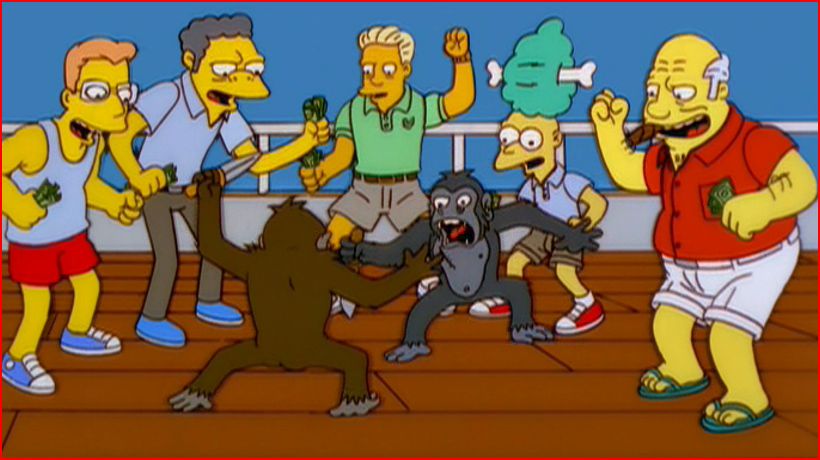The Tax Court’s Greatest Hits: Junkyard Allowed Deduction for Feeding Stray Cats
 No, not those Stray Cats, although other than Brian Setzer, they probably could have used the free meal.
No, not those Stray Cats, although other than Brian Setzer, they probably could have used the free meal.
From WS+B Tax Partner Steve Talkowsky comes this reminder that while the IRS and courts may sometimes narrowly define an “ordinary and necessary” business expense, on other occasions their permissiveness may surprise you:
 You might have heard of taxpayers trying to deduct their pets as personal deductions (which anyone who owns a pet would agree with) – but in a 2001 case a taxpayer put a different twist to this and tried to deduct pet food for a bunch of stray cats – and surprisingly won!
You might have heard of taxpayers trying to deduct their pets as personal deductions (which anyone who owns a pet would agree with) – but in a 2001 case a taxpayer put a different twist to this and tried to deduct pet food for a bunch of stray cats – and surprisingly won!
In, Samuel T. Seawright, et ux. v. Commissioner, 117 TC 294, Mr. Seawright (Seawright) owned and operated a family business known as Columbia North East Used Parts – a junkyard. Seawrigth’s spouse prepared their individual and business income tax returns for the years in question and deducted the cost of cat food for a bunch of stray cats as an ordinary and necessary business expense under Section 162.
You may be asking yourself how supplying foods to bunch of cats is “ordinary and necessary.” Well it seems the Seawright’s junkyard had some unwanted snakes and rats floating around, and what better deterrent than a bunch of stray cats to control the rodent issue. [Ed note, one could argue that if the owners really wanted the snakes and rodents gone, it would have been in their best interest NOT to feed the cats, but what do I know.]
The lesson to be learned here it is how Section 162 defines an “ordinary and necessary” expense. An ordinary expense is one which is customary or usual. This does not mean customary or usual within the taxpayer’s experience, but rather, customary or usual within the experience of a particular trade, industry or community. Therefore, it is possible for an expense to qualify as ordinary even though it is the first and only time that the taxpayer incurs it.
A necessary expense is one that is appropriate and helpful, rather than necessarily essential to the taxpayer’s business. Ordinarily, the taxpayer’s judgment as to what is a necessary expenditure in his trade or business will be accepted by the courts.
Accordingly, the Tax Court held that buying cat food in order to control the rodent population was an ordinary and necessary expense for junkyards. For anyone who has ever visited a junkyard – I think you would agree!
Now if I could only find a way to deduct the cost of feeding Maxim, my 20lb house cat:


